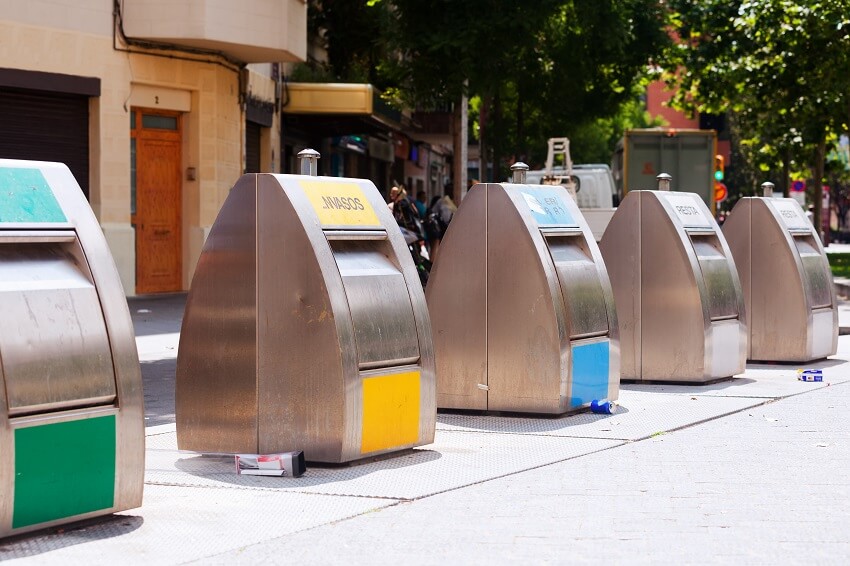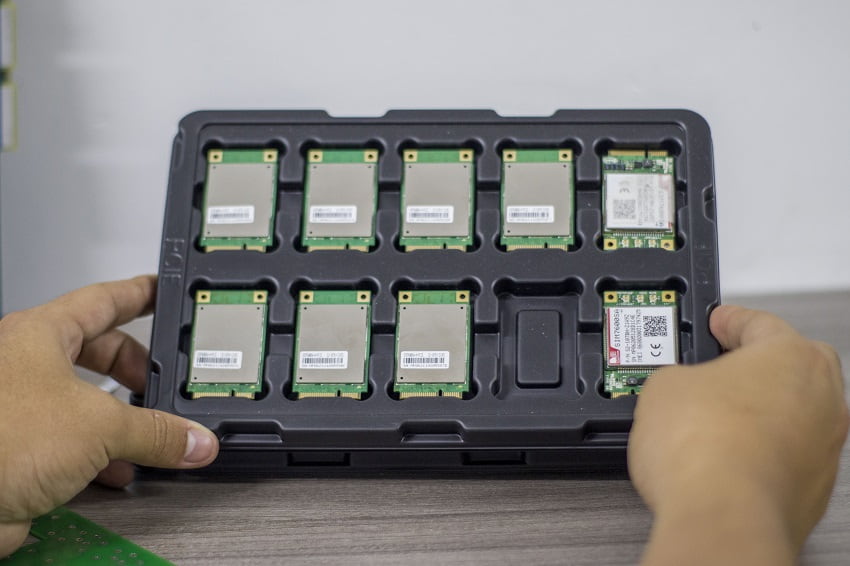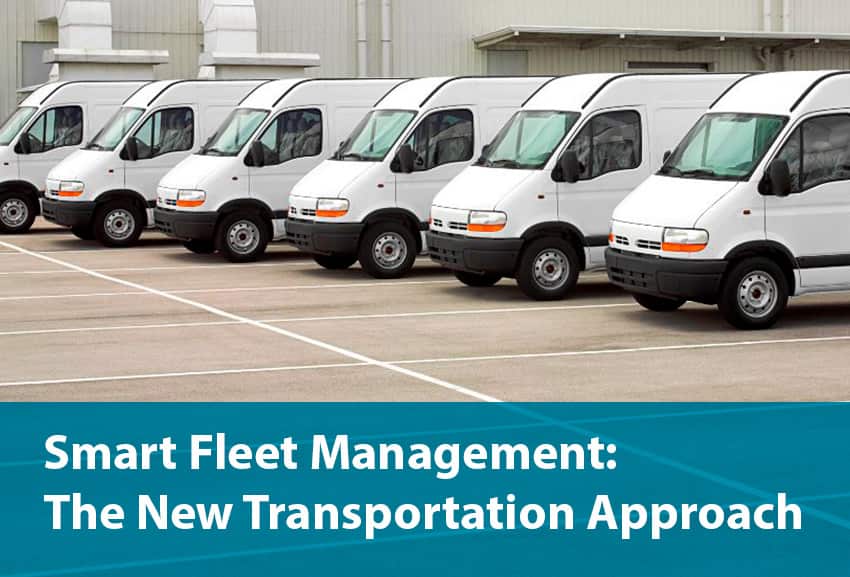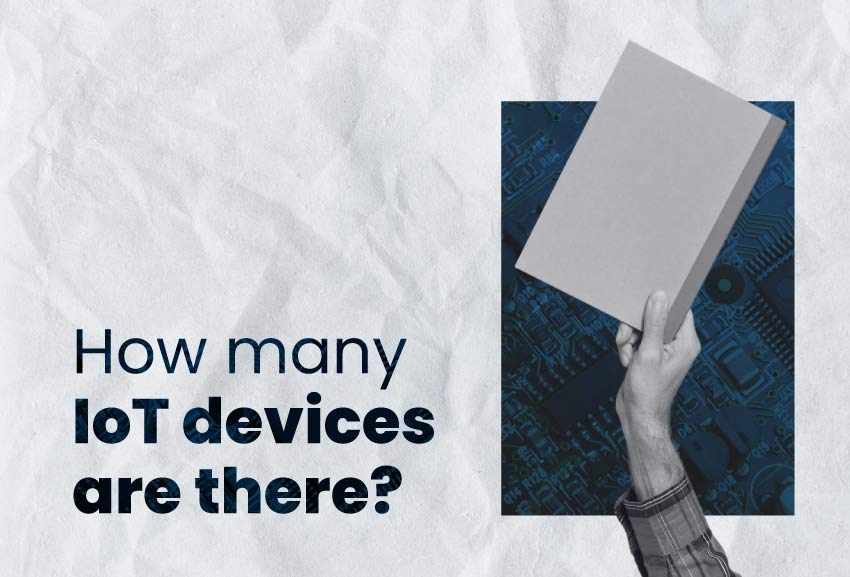The world’s population is growing, and at the same time, the waste that is generated. According to Data Topics, “The world generates 2.01 billion tonnes of municipal solid waste annually, with at least 33 percent of that—extremely conservatively—not managed in an environmentally safe manner.” Only by implementing smart waste management in the cities, we may help the world to avoid a health crisis in the future.
Why is it necessary to implement smart waste management?
Global waste continues growing, and many governments are concerned about what could happen in the future decades. For example, Data Topics says, “global waste is expected to grow to 3.40 billion tonnes by 2050, more than double population growth over the same period.” By 2100, there are estimations that the urban population will be producing three times as much waste as it does today.
This information paints a negative picture, since the accumulation of garbage may bring a lot of diseases to the human population, that’s why we need to improve waste management.
Nowadays, high-income countries collect more or less 96% of total waste generated in urban places. Although this is a high percentage, that does not mean waste will disappear.
Datatopics provides the following statistics, “Globally, most waste is currently dumped or disposed of in some form of a landfill. Some 37% of waste is disposed of in some form of a landfill, 8% of which is disposed of in sanitary landfills with landfill gas collection systems. Open dumping accounts for about 31% of waste, 19% is recovered through recycling and composting, and 11% is incinerated for final disposal.”
The Internet of Things is a necessary ally for waste management, since it may give insights about how to properly handle the waste situation for the future, and propose innovative strategies. However, there is still a lot of information to gather in this area.
IoT in waste management
Right now, IoT waste management is helping many cities to improve collection times, make trash-collecting more sustainable by reducing the costs for the waste management companies, and provide better service to people.
Thanks to the use of IoT sensors in waste management, garbage pickup truck drivers get optimal routes for trash collecting in real-time. There are also cities implementing smart bin waste management. The companies in charge of waste management are installing special trash cans that contain Internet of Things sensors around the city. So, these smart bins measure the amount of collected waste, and alert the people in charge of the approximate time on which they will be completely full.
Smart waste management reduces the time people have trash around the houses, and so, it gives them tranquility about keeping away all kinds of plagues, contributing to health protocols. When there is no data to correctly measure the status of the garbage in a residential zone, waste management companies increase costs because they send trucks to collect trash without good planning. Instead, through the combination of IoT and waste management, these companies can predict when is the optimal time to go to that zone, therefore, the operative costs can be reduced.
IoT also contributes to recycling, since it helps companies to better analyze the waste, and through AI, look for new ways to transform that into energy, or to recycle it in a different way (It is estimated that out of global treatment and disposal of waste, only 7.7% is recycled).
The smart waste management market needs to evolve quickly and propose new IoT recycling methods. Also, the citizens must be educated in this matter.
Ideas being implemented in the smart waste management market

We would like to mention a few smart waste management innovations that are being used in different cities.
Platforms that gather information through IoT sensors installed in bins, they also analyze weather and traffic conditions. These platforms provide the analytics to optimize operational performance, diminish processing costs, and increase revenue streams of waste management.
Bins that contain IoT sensors for smart waste management bring a lot of benefits: reduction in collection frequency, less costs of sending trucks to collect the bins, cleaner areas, reduction in the number of traditional bins placed in the cities, and a better waste management service provided to citizens.
Other innovations use apps to give information to citizens about the waste levels in specific bins. This way, they can find the closest available empty container and deposit the trash there. These apps, along with the use of the Internet of Things, specify the types of waste each bin has and where to locate them. This is an interesting approach to smart waste management, since the apps can be accessed by the citizens, they can learn about recycling, and the importance of proper waste management for taking care of the environment.
Hopefully, these innovations will motivate you to bring your smart waste management idea to the market. We invite you to schedule a free consultation with us.






